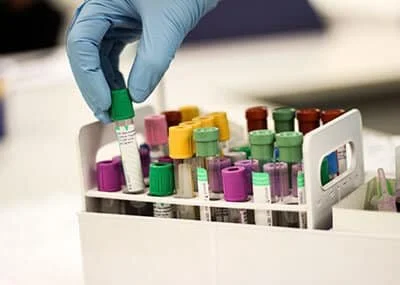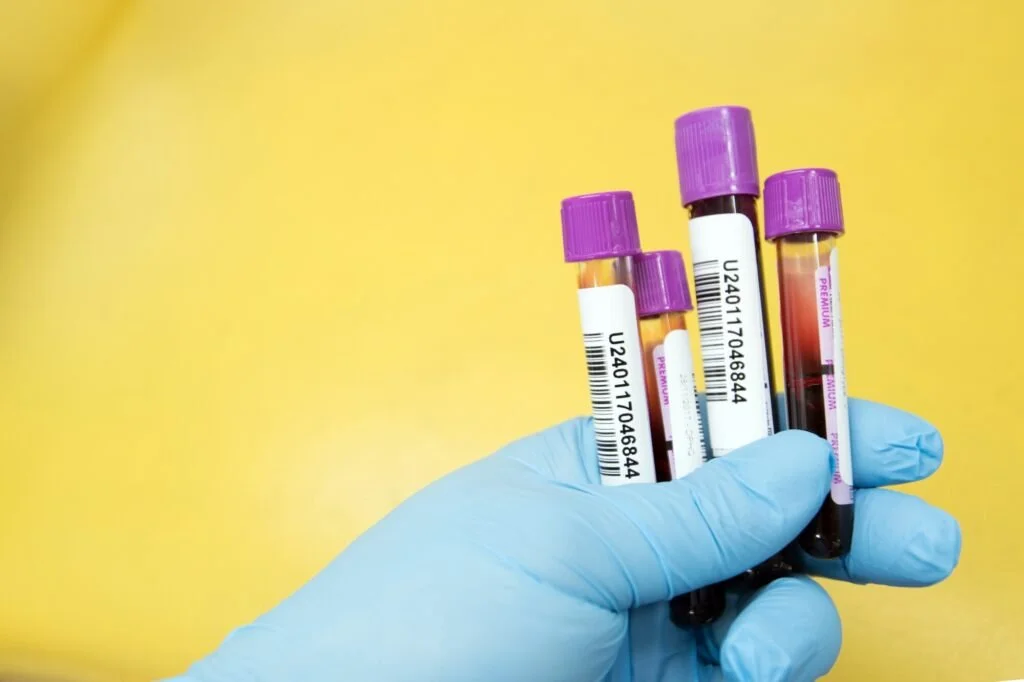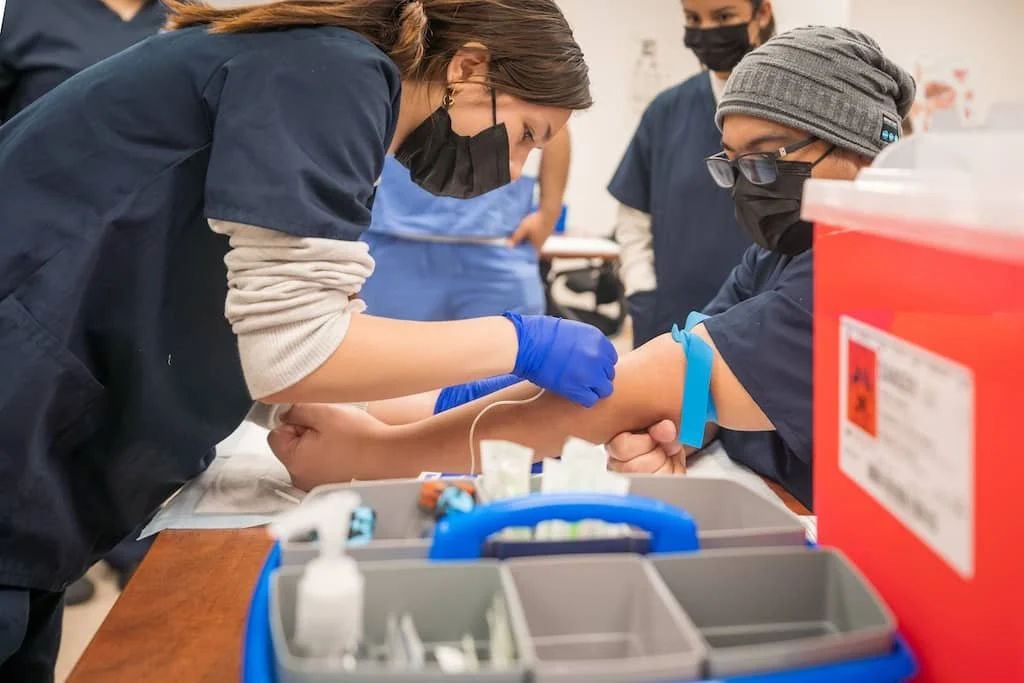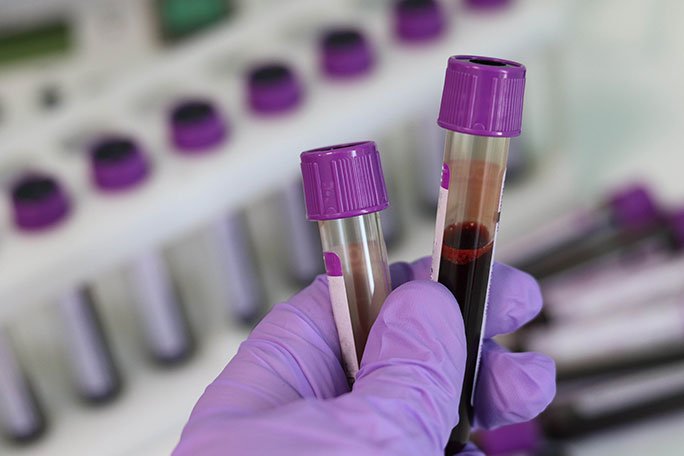Regulatory Standards For Blood Collection Tubes
Blood collection tubes are a vital component of the healthcare industry, used for collecting and processing blood samples for various diagnostic tests. These tubes must meet strict regulatory standards to ensure the safety and accuracy of test results. In this article, we will explore the regulatory standards that govern blood collection tubes and why they are important.
Regulatory Standards For Blood Collection Tubes
When it comes to healthcare, regulatory standards play a crucial role in ensuring the safety and efficacy of medical devices and equipment. One such important tool used in the healthcare industry is blood collection tubes. These tubes are used to collect and store blood samples for various tests and procedures. In this article, we will explore the regulatory standards that govern the production and use of blood collection tubes.
Data Accuracy In Tube Use For Health Studies.
Collecting accurate and reliable data is crucial in health studies to ensure the validity and effectiveness of research findings. One common method of collecting data in health studies is through the use of tubes. Tubes are used to draw blood samples, collect urine specimens, and store various types of biological samples. However, ensuring the accuracy of data collected through tubes can be challenging due to several factors. In this blog post, we will explore the importance of data accuracy in tube use for health studies and discuss strategies to improve data quality.
Advantages Of Tube Use In Health Population Studies
Tubes are used in a wide range of health population studies due to their convenience and efficiency. In this article, we will explore the advantages of using tubes in health population studies and how they can benefit researchers and participants alike.
Impact Of Tube Use In Genetic Population Studies
Tube use in genetic population studies has revolutionized the way researchers collect and analyze genetic data. By using tubes to store and transport biological samples, researchers are able to preserve the integrity of DNA and other genetic materials, ensuring the accuracy and reliability of their results. In this article, we will explore the impact of tube use in genetic population studies and how it has transformed the field of genetics.
Innovations In Tube Use For Public Health Surveys
Public health surveys play a crucial role in understanding the health trends and needs of populations. Over the years, traditional methods of data collection, such as in-person interviews and paper questionnaires, have been the go-to methods for conducting these surveys. However, with advancements in technology, new innovations in tube use have revolutionized the way public health surveys are conducted. In this article, we will explore some of these innovations and how they are changing the landscape of public health research.
Challenges Of Using Tubes In Health Studies
Tubes are commonly used in various health studies to collect samples, store specimens, and administer medication. While tubes have proven to be essential tools in the field of healthcare, there are several challenges that researchers and healthcare professionals face when using tubes in health studies. In this blog post, we will discuss some of the key challenges of using tubes in health studies and explore potential solutions to overcome these obstacles.
Tube Use In Biobanking For Population Studies
Biobanks play a crucial role in storing and managing biological samples for research purposes. These facilities are essential for population studies, as they provide researchers with access to a wide range of samples that can be used to study various health conditions, genetic factors, and environmental influences. One key aspect of biobanking that is often overlooked is the use of tubes for sample storage. In this article, we will explore the importance of tube use in biobanking for population studies.
Ethics In Tube Use For Health Studies
Throughout history, medical researchers have used various tools and techniques to study the human body and develop new treatments for diseases. One common tool that has been used in many health studies is the tube. Whether it's for collecting samples, administering medications, or conducting tests, tubes play a crucial role in medical research. However, the use of tubes in health studies raises ethical questions that must be carefully considered. In this blog post, we will explore the ethics of using tubes in health studies and discuss some of the key issues that researchers and healthcare providers should keep in mind.
Significant Role Of Tube Use In Demographic Studies
Demographic studies play a vital role in understanding the population dynamics of a certain area or group of people. These studies can provide valuable insights into trends, patterns, and changes in populations over time. One of the key tools used in demographic studies is the use of tubes for data collection.
Application Of Tube In Large-Scale Health Research
In recent years, advancements in technology have revolutionized the way researchers conduct large-scale health studies. One such tool that has become increasingly popular in the field of health research is the tube. Tubes have a wide range of applications in various areas of health research, from sample collection to storage and analysis. In this blog post, we will explore the various ways in which tubes are being used in large-scale health research studies and their significance in advancing our understanding of human health.
Tube Collection Protocols In Population Health Studies
When conducting population health studies, it is crucial to have standardized protocols for sample collection to ensure the accuracy and reliability of the data. In this blog post, we will discuss the importance of tube collection protocols in population health studies and provide guidelines for proper sample collection.












